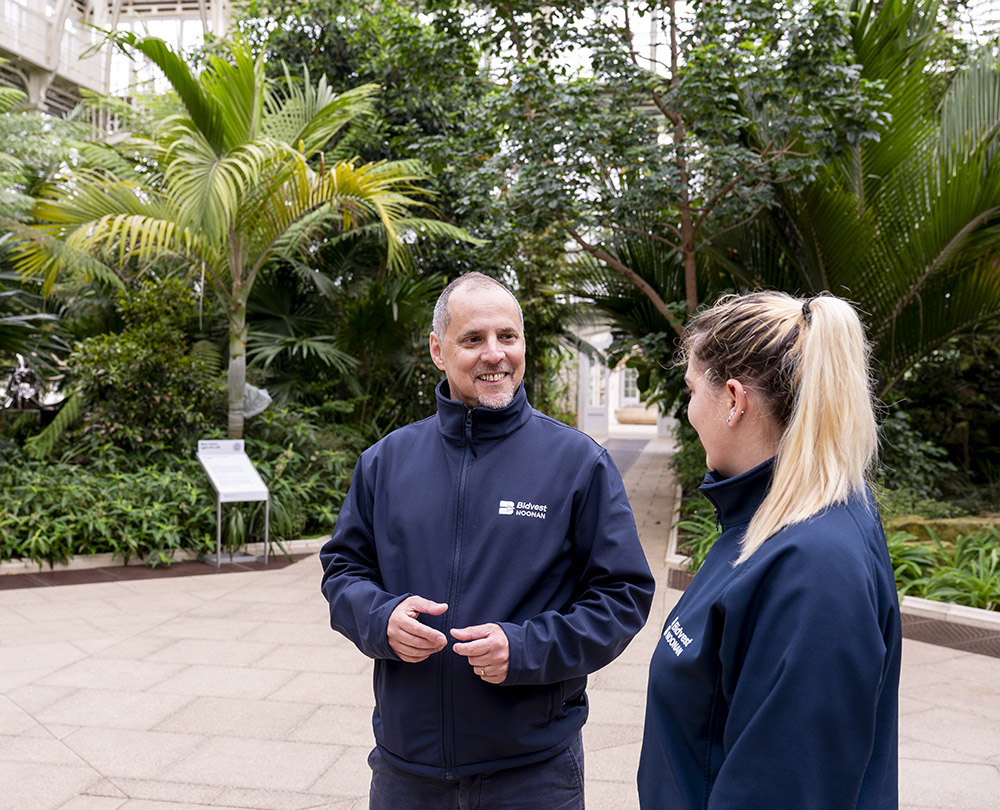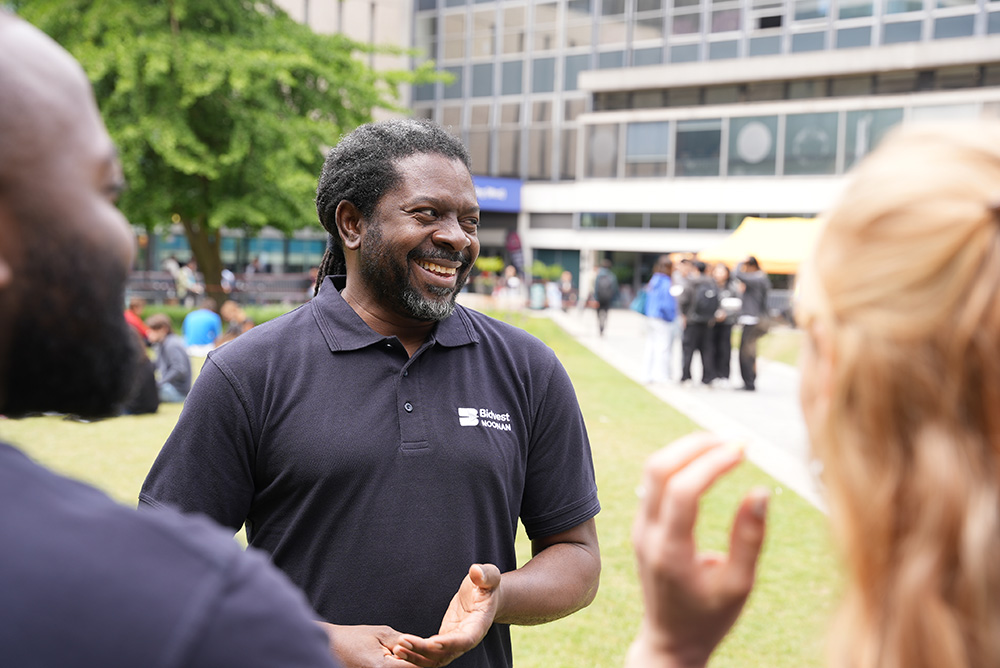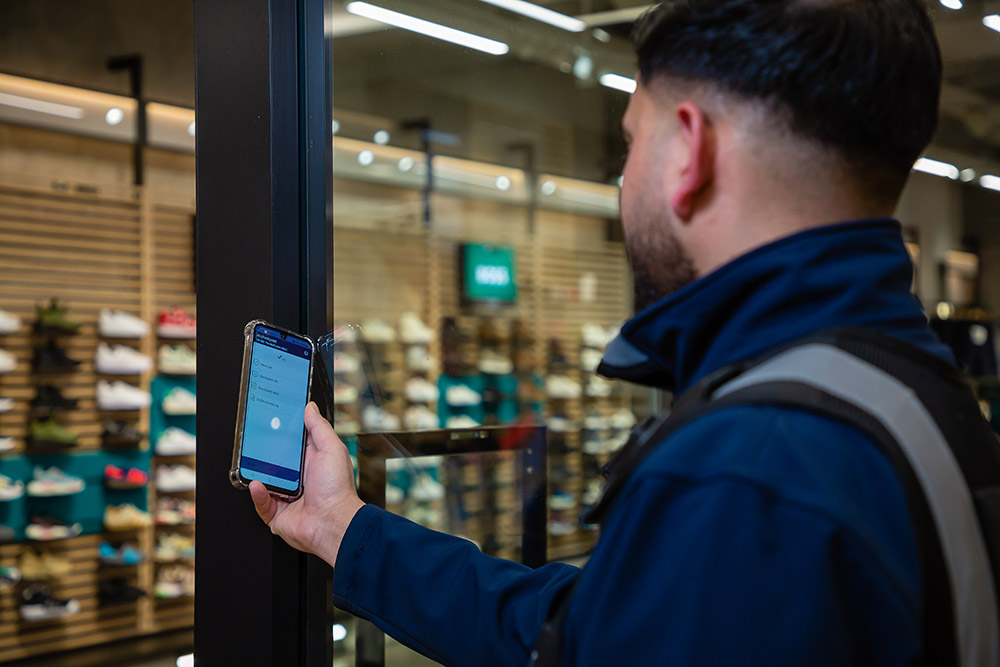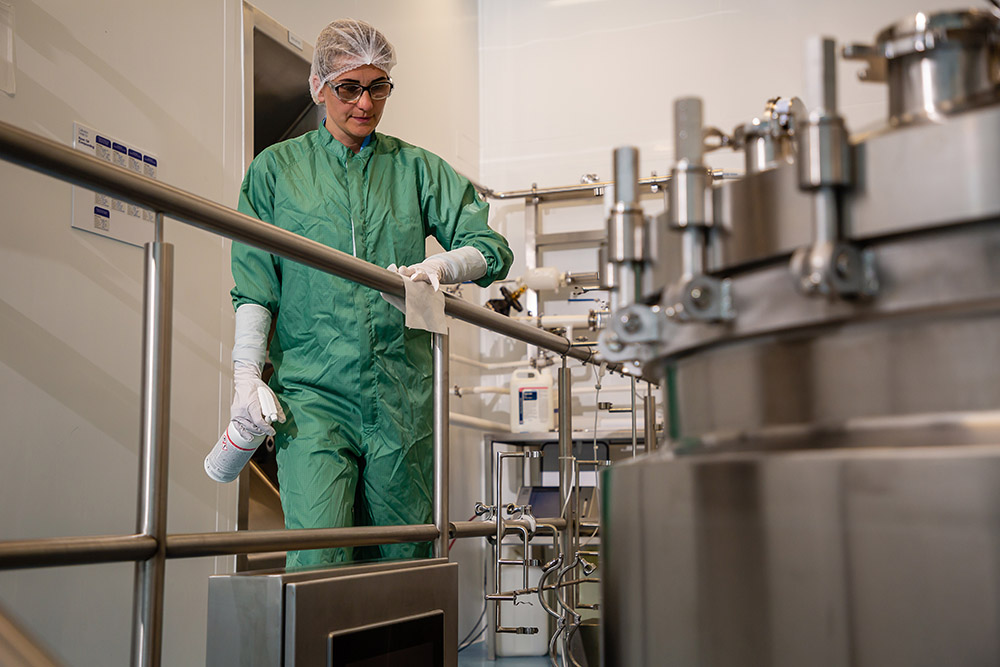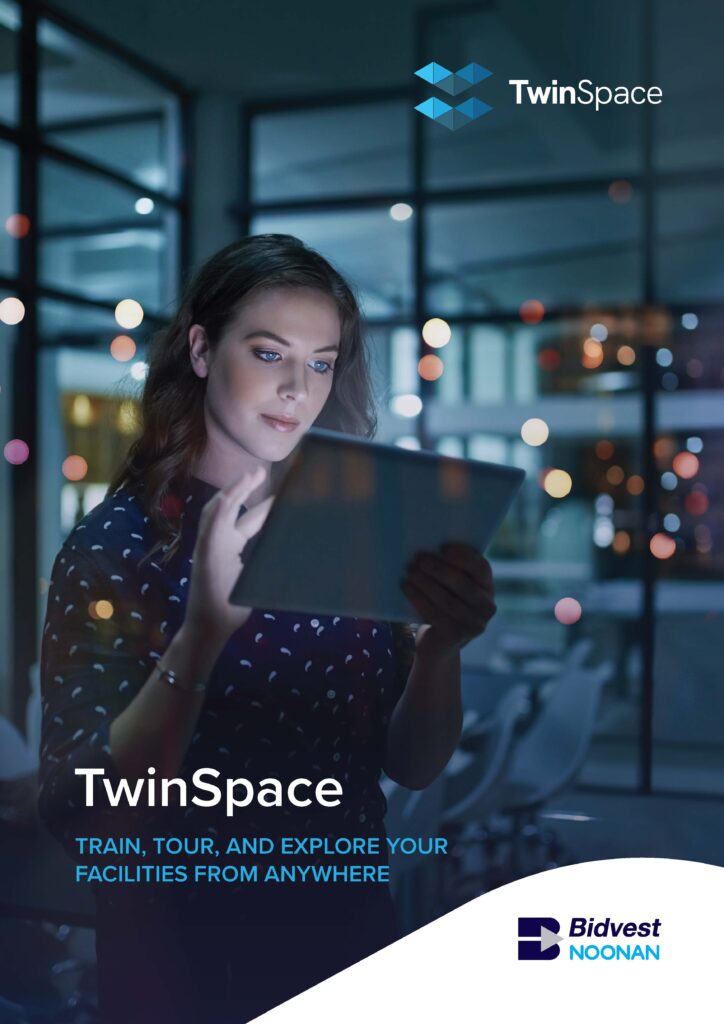Bidvest Noonan Launches Its Vision
To be the best FM business known for exceptional people, sustainable solutions, and disruptive innovation that enables our customers, colleagues and communities to thrive.
Bidvest Noonan Sets Out Vision to Lead the FM Services Sector
Declan Doyle, CEO of Bidvest Noonan, said:
“The world is changing fast, and the expectations placed on our industry are changing with it. This vision is our commitment to lead with ambition and purpose by putting exceptional people at the centre, moving decisively on sustainability, and using disruptive innovation to solve the challenges that matter most. We’re already seeing the impact of this approach across our contracts, from improved customer outcomes to reduced emissions and greater retention.“
This statement of intent captures Bidvest Noonan’s strategic focus for the years ahead. It reflects the business’s ambition to lead its sector by raising standards and delivering meaningful impact for the people and organisations it serves.
Chandrika Deshpande, Director of Organisational Development, said:
“Our aim is to be the employer of choice in our industry. That means delivering brilliant experiences from day one, starting at the application stage and continuing right through their career with us. We’re creating a culture where everyone can contribute, feel valued, and fulfil their potential. We’ve made enormous progress in recent years. We’re ambitious, we’re focused, and we’re building something really special.”
Sustainability is deeply embedded in Bidvest Noonan’s strategy. The company is at pace toward its net zero target. Its climate goals have been validated by the Science Based Targets initiative, and it continues to invest in low-carbon operations and community-based initiatives.
Martina Donohoe, Sustainability and Safety Director, commented:
“Sustainability runs through everything we do. We’re moving fast and seeing real results. We take great pride in the positive impact we’re making in the communities we serve.”
Bidvest Noonan is also placing disruptive innovation at the heart of its growth strategy. The company is rethinking how FM services are delivered, using technology, data, and new ways of working to unlock better outcomes for clients and communities alike.
Peter Smyth, Director of Innovation and Technology, said:
“Disruptive innovation for us means introducing new technologies, new ideas, and new ways of working that transform how services are delivered within our business and across the industry. We’re using technology, data, and new thinking to design better solutions for our customers, people, and communities.”
With exceptional people at its heart, sustainability in its operations, and disruptive innovation as a driving force, Bidvest Noonan is positioning itself to build on its position as a leader in the FM services sector.

